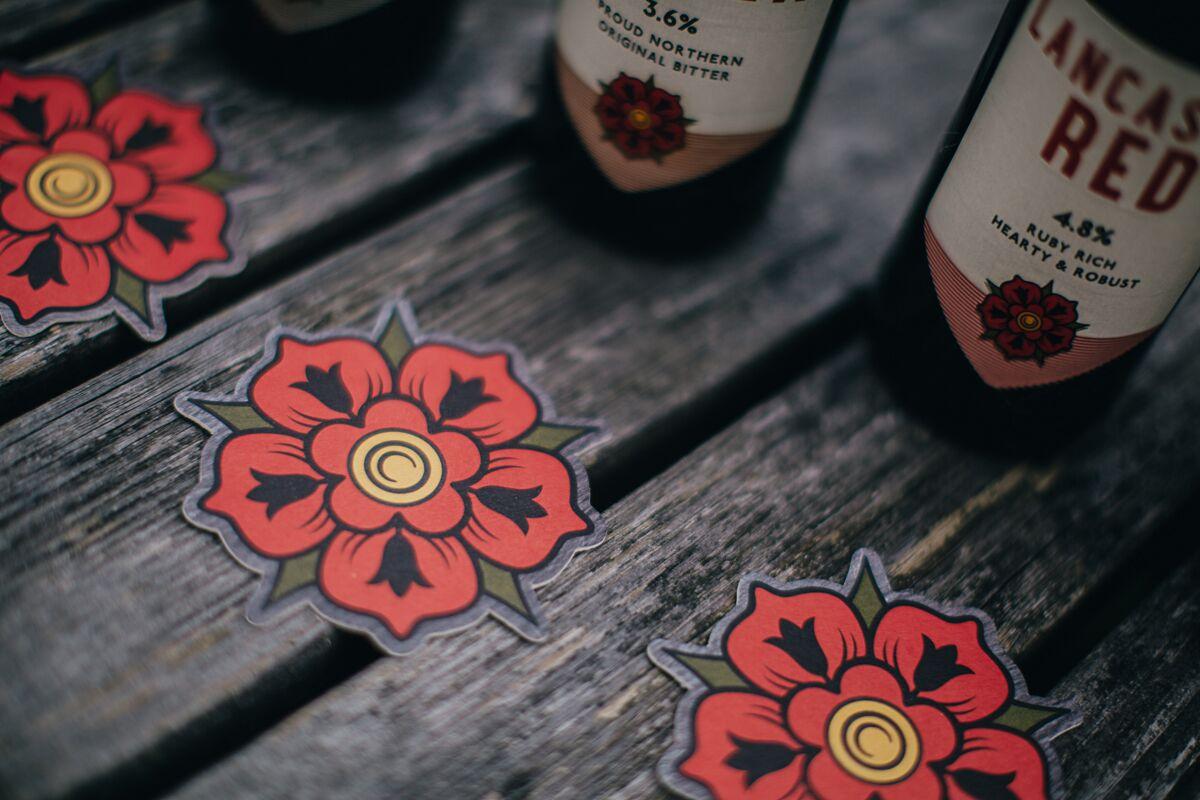
In the UK during the Middle Ages, you’d probably start your day by having a beer with your breakfast and then heading to work. You’d probably continue to drink beer all day while you were working, too! Just the thought of day drinking while you’re at work might give you a bit of a headache, but it’s important to know that the beer that people were drinking for breakfast in the Middle Ages wasn’t quite the same as the beer we make here at Lancaster Brewery in 2019.
The beer that people used to drink was known as “small beer”. The alcohol by volume percentage of small beer was typically less than 2.8%, and as it had such a low alcohol content, it didn’t actually make people intoxicated. Some historians have suggested that people in the Middle Ages drank beer instead of water because water wasn’t seen as safe to drink - however, other historians argue that water was both free and readily accessible, since most towns and villages were built around a water source, and therefore was certainly drunk by most people. Sometimes water might be mixed with wine or honey to improve the flavour, and people were also able to tell the difference between a clean water source and one which might have been contaminated, so the idea of water being avoided out of a fear of it being unclean or unsafe to drink is actually a myth.
The reason why beer became so popular was mainly because it was full of calories! Back in these times, most people had jobs which involved manual labour, whether that was farming, or if you had a physical job like a blacksmith or stonemason. These jobs would have required a lot of energy, and beer was packed with calories, meaning that it gave people a boost of energy which they didn’t get from drinking regular water. Small beer has been described as being unfiltered and even as having the same consistency as porridge - not what you’d find on offer at your local pub these days! This meant that it was consumed primarily to fill people up, as it provided both calories and hydration.
Small beer was drunk in the mornings to give people fuel for their day ahead, similar to how we might have an energy bar or bowl of cereal nowadays before heading to work! It was consumed by men, women, and even children. It was easy to make, as it only had four main ingredients (water, grain, yeast and hops), and was seen as having good nutritional value. Beer certainly wasn’t a replacement for water, but many people chose to drink it as it was nourishing and would have made up a substantial part of their diet.
So there you have it - back in the Middle Ages, people really did drink beer for breakfast! This wasn’t so people could get drunk, or because it wasn’t safe to drink water, but because beer was actually nourishing, made up part of their daily diet, and gave people the energy which they needed for their physically demanding jobs. However, we must say we don’t recommend having a beer before work these days - some things are best left in the past!


